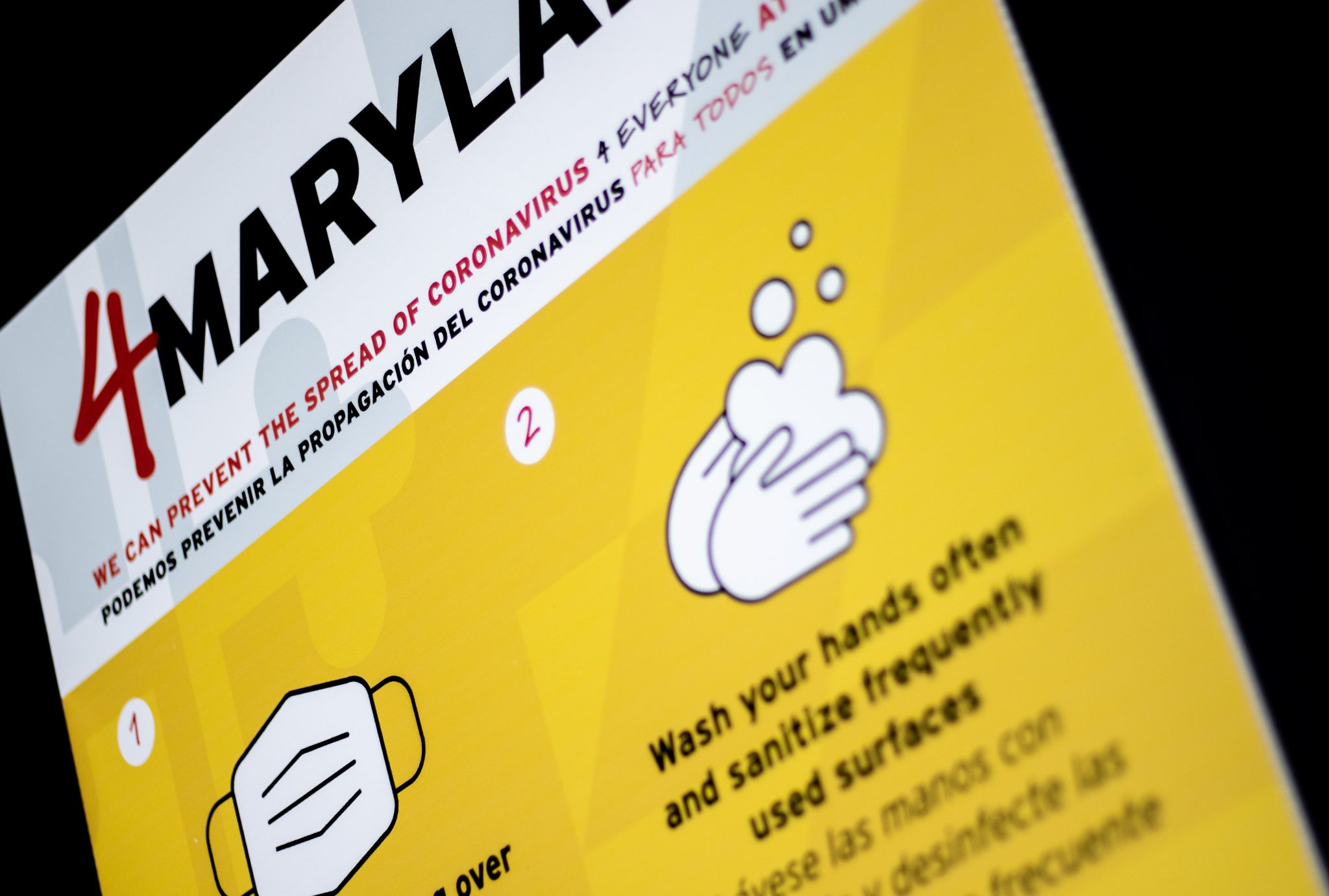Views expressed in opinion columns are the author’s own.
When the University of Maryland announced in June that plans to reopen its campus amid the coronavirus pandemic were underway, the response was mixed. Many health officials, students and families were fearful that opening college campuses was a premature and selfish move, rooted in financial considerations and not in public safety. But for many socially starved college students, being able to come back to the campus was a gift.
Now, about a month into the semester, students are settling in and becoming more comfortable in their strange, socially distanced dorms, apartments or other off-campus housing. Many students are getting a little too comfortable.
Take a stroll down Route 1 on a Friday night, and the evidence is clear: students line the bars and restaurants with masks dropping below their noses or with no masks at all. Walking through the semi-deserted campus at 1 p.m. on a Wednesday, you see plenty of students without a face covering who won’t even step off a path to maintain social distancing.
When even the bare minimum of health precautions aren’t being followed, students need to take action.
It can be challenging and intimidating to call out this behavior, especially when those with the worst habits are your closest friends. But as people who have made the choice to come to the campus — either in false hope or blatant ignorance — it’s up to us to hold each other accountable.
The most direct way to address unsafe social practices is by having open and honest conversations with friends. Let your friends know that you are uncomfortable and can’t be around people who are more likely to be coronavirus carriers. Remind them there are students with immunodeficiency disorders or other underlying health conditions who need to be protected. Listen to what your friends have to say, and if the conversation goes nowhere, you can make the conscious decision to avoid those people as long as their behavior remains unchanged.
And if concern from a loved one is not enough to convince them, remind them the university can and will take action. Whether it’s a suspension, a ban from campus events or other disciplinary action, a student’s standing with the university can be jeopardized when they choose to go maskless or attend a party.
But how can you call out a complete stranger on the campus? If asking politely and having civil conversation does not work, people can report students to the university, which can take further action. Students can report large social gatherings and other unsafe health practices by calling the university’s code enforcement hotline or submitting a referral form to the Office of Student Conduct.
It is admittedly very difficult to try to enforce safe practices among your own friends and peers. However, one thing that is definitely easy and effective is making sure you are taking care of yourself and following all health precautions. Wearing a mask, maintaining at least six feet of distance and washing your hands frequently are effective safety measures and can be helpful even when the people you come in contact with fail to do the same.
Just because we are comfortable on the campus does not mean the virus isn’t a threat. All students need to hold themselves and their peers accountable — not only for their own health, but for the health and safety of the entire campus community.
Gabriella Kurczeski is a junior English and psychology major. She can be reached at gkurczes@terpmail.umd.edu.



